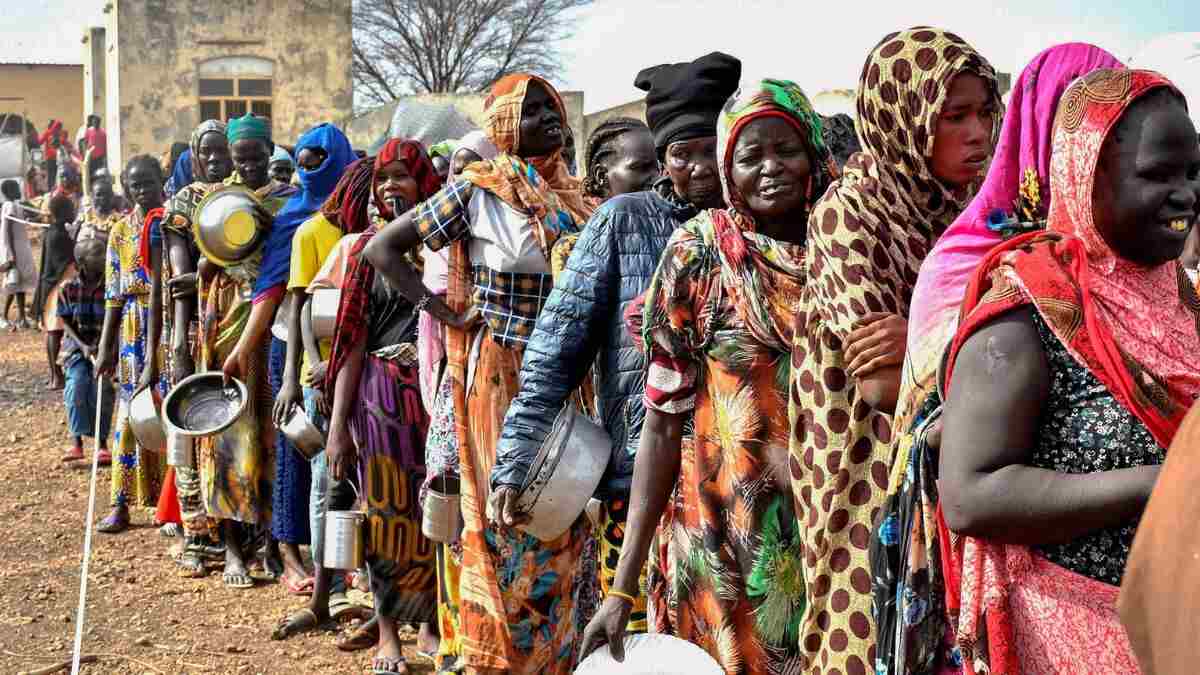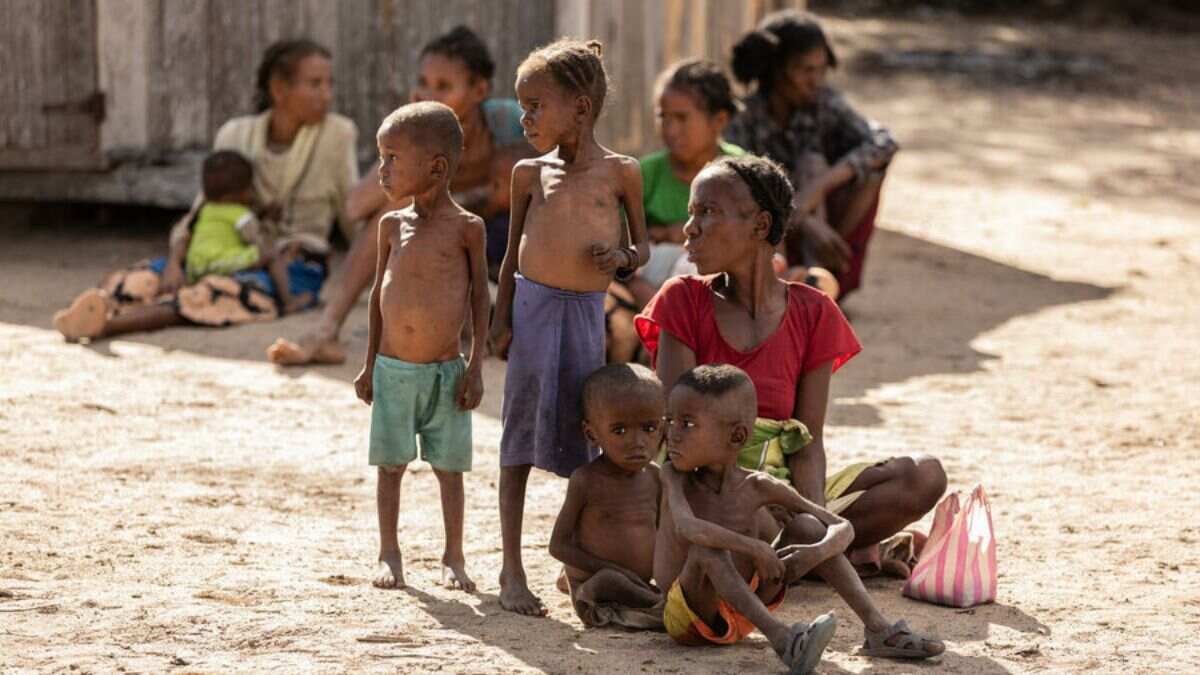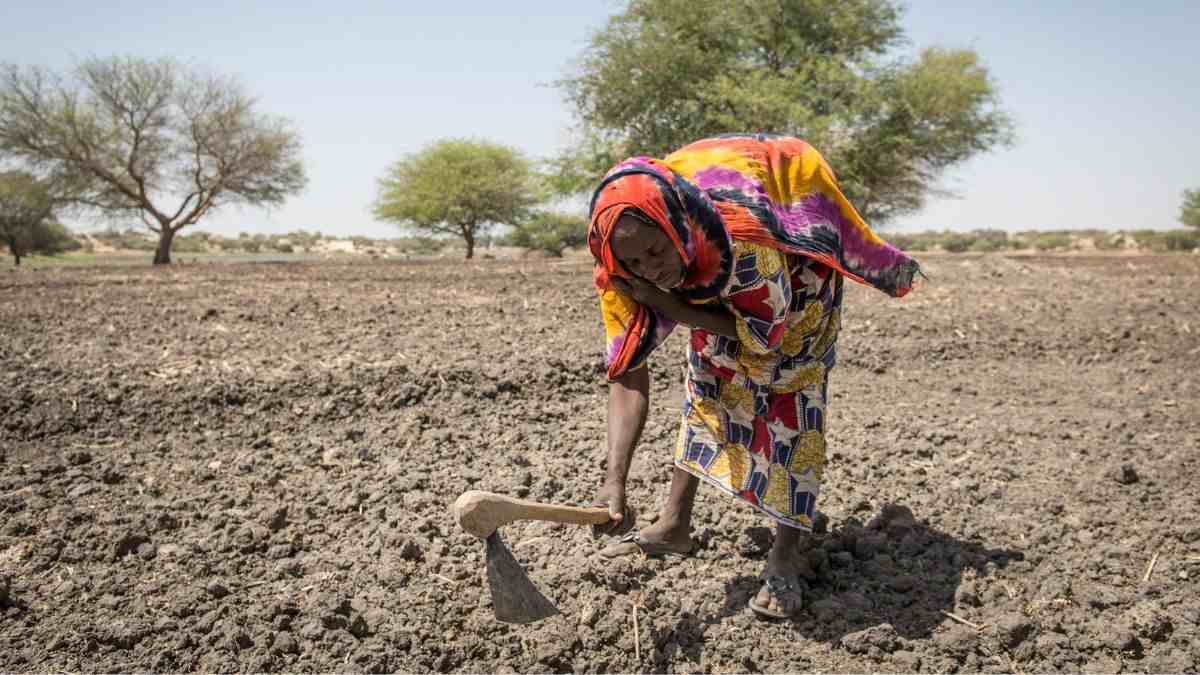Africa stands out as the most economically disadvantaged continent on our planet, with a significant gap separating it from other regions. Various factors, including economic instability, political unrest, corruption, ongoing conflicts, and the threat of terrorism, have contributed to a widespread state of poverty among millions of Africans.

The rankings provided focus on identifying the world's poorest nations, many of which are located within Africa. Additionally, it's noteworthy that Africa is home to 23 out of the world's 54 lower-middle-income countries, further underscoring the economic challenges prevalent across the continent. When assessing a country's wealth, two primary metrics are often utilized: Gross Domestic Product (GDP) per capita and Gross National Income (GNI) per capita. GDP per capita calculates the average value of goods and services produced within a country, divided by its population. Meanwhile, GNI per capita incorporates income from international sources, such as overseas investments or commercial activities. Both GDP and GNI can be denoted in either U.S. dollars (USD) or Purchasing Power Parity (PPP) ‘international dollars’ (int. Dollar), facilitating cross-country comparisons. These metrics serve as reliable indicators of a country's economic prosperity—or, conversely, its impoverishment.
South Sudan was the poorest country in 2023.
ALSO READ| Important Geographical Facts about Africa - Jagran Josh
10 Poorest Countries In Africa 2024
It is hard to pinpoint a single cause for long-term poverty. Corrupt governments can make a very rich nation into a poor one. And so can a history of exploitative colonization, weak rule of law, war and social unrest, severe climate conditions or hostile, aggressive neighbours. Weaknesses compound: A country in debt will not be able to afford good schools, and a poorly educated workforce will limit capacity. Here is the list:
| Rank | Country/Territory | GDP-PPP ($) |
| 1 | South Sudan | 476 |
| 2 | Burundi | 890 |
| 3 | Central African Republic | 1,109 |
| 4 | Democratic Republic of the Congo | 1,579 |
| 5 | Niger | 1,579 |
| 6 | Mozambique | 1,584 |
| 7 | Malawi | 1,668 |
| 8 | Liberia | 1,789 |
| 9 | Chad | 1,807 |
| 10 | Madagascar | 1,907 |
Before COVID-19, the fraction of the world’s population living in extreme poverty—meaning on less than $1.90 a day—had fallen below 10% from more than 35% in 1990. The pandemic not only halted but reversed that progress: since the onset of the health emergency to the end of 2022, when in response to the rising cost of living the International Poverty Line (IPL) was also revised to $2.15, the IMF estimated that an additional 198 million people were likely to have entered the ranks of the extremely poor.

Madagascar, following its independence from France in 1960, has encountered a multitude of obstacles, including political turmoil, coups, and contentious elections. Despite the election of President Andry Rajoelina in 2019, who pledged to combat corruption, mitigate poverty, and stimulate economic advancement, progress has been sluggish. The nation continues to grapple with alarmingly high poverty rates, sluggish economic growth, and elevated inflation levels, with approximately 75% of its populace living below the poverty threshold. Furthermore, Madagascar has been beset by an array of unprecedented challenges, including the socioeconomic repercussions of the COVID-19 pandemic, the world's inaugural famine attributed to climate change in 2021, and spikes in food prices resulting from disruptions in grain deliveries following the Russian invasion of Ukraine in 2022.

In the case of Chad, despite its considerable oil reserves, widespread poverty remains pervasive, positioning it as the ninth poorest country globally. Following the demise of autocratic ruler Idriss Deby in 2021, power transitioned to a military council under the leadership of his son, Mahamat Idriss. The suspension of constitutional norms, dissolution of governmental and parliamentary structures, and sustained military endorsement have prolonged a period of authoritarian governance. Economic mismanagement, compounded by the prioritization of military expenditures over developmental initiatives, has impeded Chad's prospects for growth and prosperity, underscoring the disconnect between resource abundance and economic stability evident in many African nations.
Note: The provided list is derived from data sourced from the International Monetary Fund, specifically from the World Economic Outlook of October 2023. It encompasses a ranking of 97 countries based on their Gross Domestic Product (GDP) and Purchasing Power Parity (PPP), ordered from the least affluent to the most prosperous. These GDP and PPP figures are presented in current international dollars, incorporating pertinent exchange rates and PPP adjustments. The latest rankings will be updated as soon as the data is available for 2024.
Comments
All Comments (0)
Join the conversation